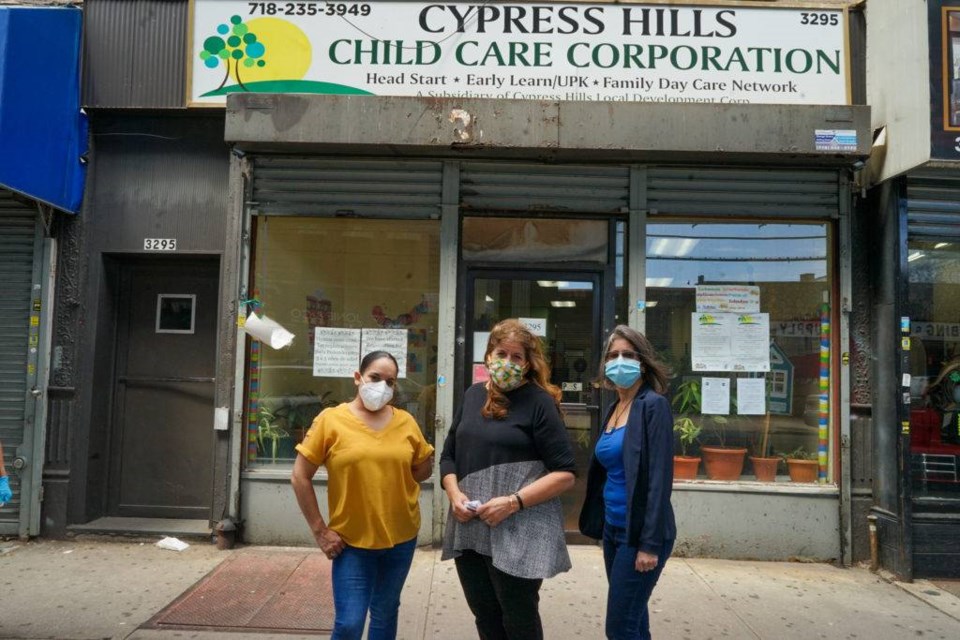In the eastern part of Brooklyn, New York City lies Cypress Hills, a neighborhood known for its historical significance, diverse community, and vibrant culture.
Cypress Hills is part of the larger East New York area and is nestled between Highland Park to the west, Queens to the east, the Jackie Robinson Parkway to the north, and Atlantic Avenue to the south.
The neighbhorhood, originally a rural area, has its roots in the 19th century. The expansion of the railway system in the late 1800s ushered in its development as one of the city's urban neighborhoods. The neighborhood gets its name from the Cypress Hills Cemetery, which was established in 1848. The historical landmark boasts the graves of notable public figures including baseball legend Jackie Robinson.
Like the rest of Brooklyn, Cypress Hills has a diverse population, ethnic and racial groups including Hispanic, African American, and South Asian residents. This multicultural composition contributes to the area's rich cultural fabric, evident in the variety of cuisines, languages, and the neighborhood's overall aesthetic.
The 20th century Cypress Hills ushered the construction of residential buildings ranging from single-family homes, to row houses, and apartment buildings. Still standing, the homes showcase Victorian, Colonial, and early 1900s row house designs. New development reflects the ever-evolving trend of urban renewal in many parts of Brooklyn.
Cypress Hills is well-connected by public transportation. The J and Z subway lines run through the neighborhood, providing easy access to Manhattan and other parts of Brooklyn. Additionally, several bus routes serve the area, making it convenient for residents to travel within the borough and to neighboring Queens.
Cypress Hills is served by several public schools operated by the New York City Department of Education. In addition to elementary and middle schools, the neighborhood is home to several high schools. There are also a number of private and charter schools that provide educational alternatives to the community.
The local economy in Cypress Hills is characterized by a mix of small businesses, retail stores, and service-oriented enterprises. The commercial corridors along Fulton Street and Atlantic Avenue feature a variety of shops, restaurants, and markets that cater to the daily needs of residents. The neighborhood has seen some economic revitalization efforts aimed at supporting local businesses and attracting new investments.
Cypress Hills boasts a strong sense of community, with numerous community organizations and cultural institutions contributing to the neighborhood's vibrancy. The Cypress Hills Local Development Corporation (CHLDC) plays a crucial role in community development, offering programs and services in areas such as housing, education, and economic development. Cultural events, street fairs, and festivals reflecting the neighborhood's diverse heritage are common, fostering community spirit and engagement.
Highland Park and Cypress Hills Playground are among the popular outdoor recreational venues that are popular among locals. The facilities are a popular spot for residents seeking outdoor activities and relaxation. boast sports fields, playgrounds, walking trails, and scenic views.




